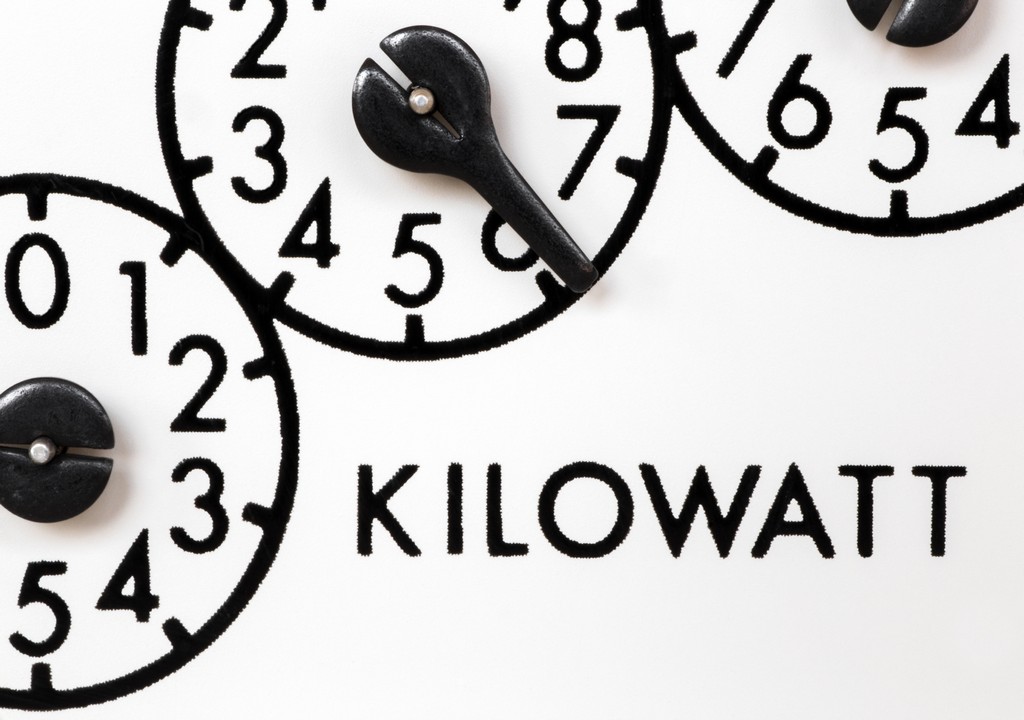IWAS PERWISYO: DOE seeks ways to lower universal charges to off-grid areas
- June 20, 2019
- 0

“Based on the current policy of uniform subsidy per kilowatt-hour of electricity consumption in off-grid areas, the total annual UC-ME requirements is estimated to increase from the 2011 level of P7.784 billion to P28.373 billion by the end of 2021,” the DOE said in a notice as quoted in a BusinessMirror report.
Consumers are charged the universal charge for missionary electrification (UC-ME) for electricity services provided to off-grid areas.
As a result, poor electricity consumers in the main grid of Luzon, Visayas, and Mindanao, and in off-grid areas are paying the UC-ME to subsidize the electricity consumption of even large commercial and industrial consumers in off-grid areas.
To prevent burdening consumers with the projected subsidy increase, DOE Undersecretary Felix William Fuentebella said the department would study and draft new policies and programs to justify the tariffs in off-grid areas.
“This can only be cushioned by a formulation of new well-targeted and efficient subsidy policy for off-grid areas,” Fuentebella was quoted in a Manila Standard report.
“Notwithstanding any policy changes, the DOE will ensure that there will be no abrupt removal of UC-ME subsidy without appropriate safety nets to mitigate the effect of rationalization to the household consumers in off-grid areas. The DOE therefore, urges the concerned stakeholders to join and participate in these public consultations,” he added.
The DOE proposed the following strategies for the new subsidy rationalization policy to address this inequity:
Opting for low-cost, clean, indigenous, and renewable power system in off-grid areas instead of diesel and bunker fuel-fired power plants;
Improvement of system operation in off-grid areas and dispatch of power plants, as well as modernization of small grid and distribution systems;
Removal of automatic subsidies to commercial and industrial customers in the off-grid areas.
Provision of government funds in the form of electricity subsidies to economic activities and services that would result in development of off-grid areas.
Lastly, interconnection of small grids into the main grid.
The department has scheduled a series of consultations regarding this matter next month.